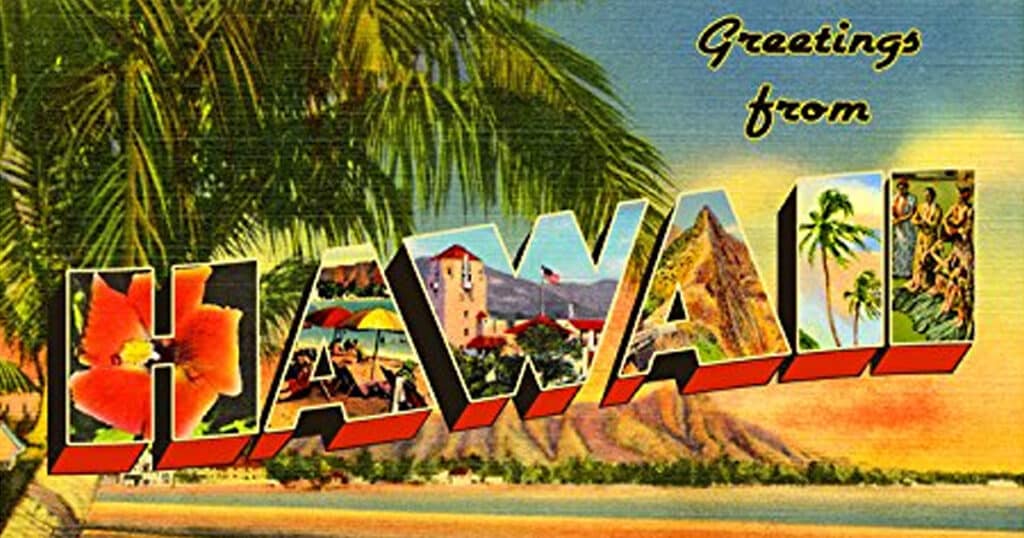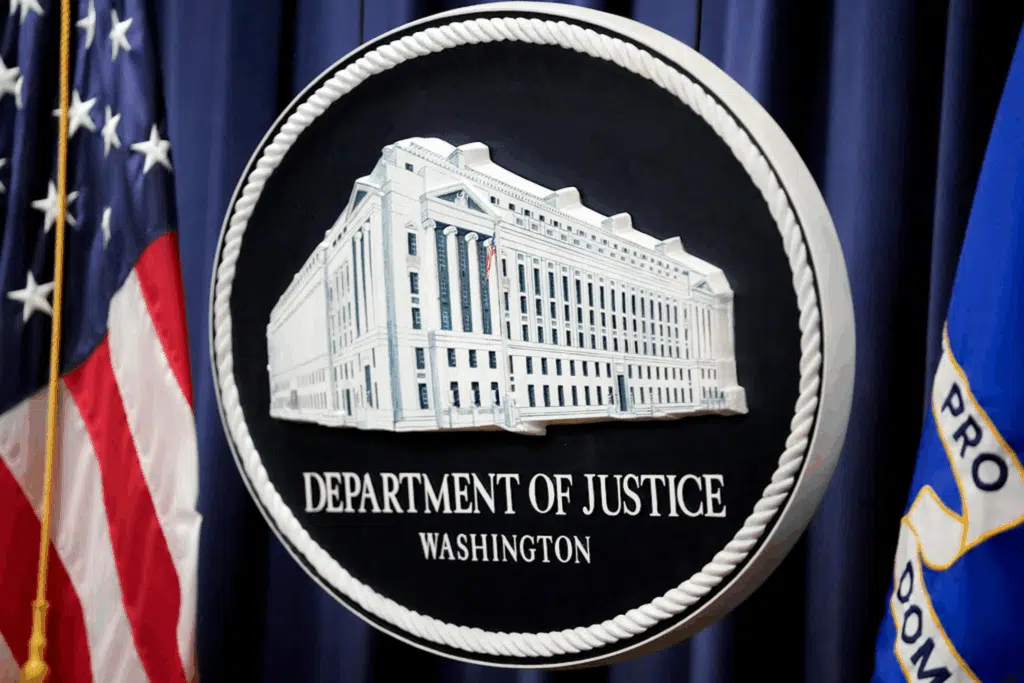
Hawaii is ‘Paradise’ — So Why the Doctor Shortage?
It isn’t difficult to persuade doctors — or anyone, really — to visit Hawaii. Nothing brightens their day like those six little words: “This year’s conference is in Honolulu.”
No, the hard part isn’t inviting doctors and nurses to visit Aloha State. It’s persuading them to work here.
For those who only know the picture-perfect postcard side of Hawaii, this can be confusing. If any state should have an easy time luring new medical professionals, it would be the one that’s a synonym for paradise.
But Hawaii isn’t all tropical drinks, beaches and sunsets. It’s also a state with expensive housing, an eye-watering cost of living and enough regulatory bureaucracy to make a saint doubt the existence of a benevolent God.
Those drawbacks have contributed to the state’s steady population decline over the past six years and a lack of healthcare workers that was only exacerbated by the COVID-19 crisis.
Hawaii is not the only state that’s suffering from a shortage of doctors and nurses, but it is one of the few states where residents have to get on a plane and fly to another county just to get specialist care.
According to the Hawaii Physician’s Workforce Assessment Project, the state is short 776 physicians, with deficits in certain specialties (like pediatric pulmonology) as high as 75%. Additionally, the Hawaii State Center for Nursing estimates that the state has 300 to 400 fewer nurses than required to meet demand.
The shortage of healthcare workers is severe enough that the state has created an emergency system for issuing temporary permits to out-of-state nurses. This might help in the short term, but it still leaves state policymakers wondering what they can do to bring about permanent change.
For lasting solutions, they might want to heed the advice given in the latest policy brief from the Grassroot Institute of Hawaii, “How changing Hawaii’s licensing laws could improve healthcare access.”
As the brief explains, Hawaii’s licensing laws may be intended to protect public safety, but there is a point at which the delays and bureaucratic burden created for out-of-state license holders seeking to move to Hawaii outweigh the benefits.
One study on the impact of medical licensing found that “licensing is associated with restricted labor supply, an increased wage of the licensed occupation, rents, increased output prices, and no measurable effect on output quality.”
Even the federal government agrees. A 2018 report on licensing portability from the Federal Trade Commission stated that, “there is little justification for the burdensome, costly, and redundant licensing processes that many states impose on qualified, licensed, out-of-state applicants.”
The FTC report noted that these requirements inhibit licensees from relocating to other states to practice.
So, if Hawaii puts too high a burden on out-of-state licensees, what is the solution?
The Grassroot Institute report recommends that the state reform its licensing scheme by either joining interstate compacts that lower the barriers to license portability or by enacting license recognition laws that would streamline the process by which out-of-state licensees are permitted to practice in Hawaii.
So far, both of those ideas have gained traction in the Hawaii Legislature. State lawmakers also are looking at codifying the temporary recognition process for nurses, which would be a step in the right direction but fall short of long-reaching and permanent reform.
Both options — interstate compacts and recognition laws — maintain protections for public health and safety while also making it easier for doctors or nurses with valid, unencumbered licenses to start working in Hawaii without long, bureaucratic delays.
Reforming Hawaii’s medical licensing laws wouldn’t solve all of the problems that have led to the doctor and nursing shortages in the state. But it would remove an unnecessary barrier to attract more healthcare workers.
In a state that brings in countless military spouses, traveling workers and others just looking for a change of scenery, licensing reform is a common sense way to broaden the pool of people able to work in the state.
It might even help transform Hawaii from a place that doctors love to visit to a place where doctors love to live.
Malia Hill is policy director of the Grassroot Institute of Hawaii.
This article was originally published by RealClearPolicy and made available via RealClearWire.



